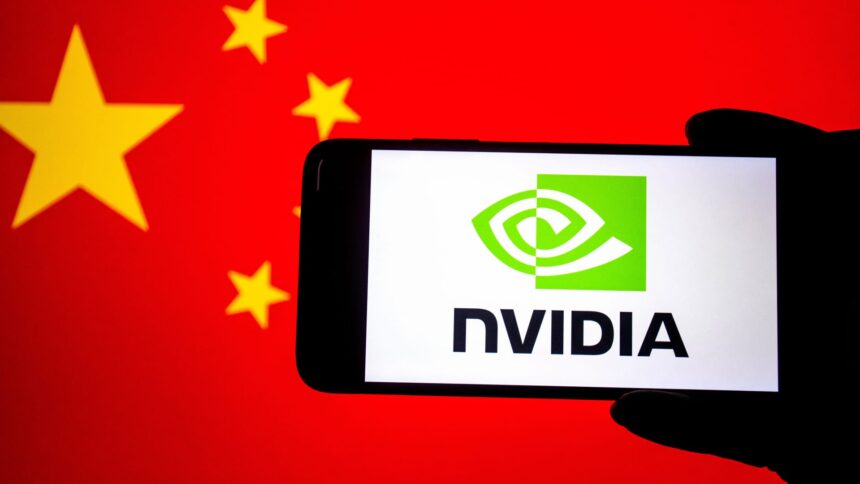China’s market regulator has announced that Nvidia is facing allegations of violating the country’s anti-monopoly law, following a preliminary investigation. This news comes as Nvidia’s shares slipped approximately 2% in premarket trading, reflecting investor concerns over the situation.
The State Administration for Market Regulation (SAMR) in China initiated an investigation into Nvidia late last year, focusing on the company’s acquisition of Mellanox and associated agreements. Nvidia, a well-known U.S. semiconductor firm, acquired Mellanox, an Israeli technology company specializing in network solutions for data centers and servers, in 2020. This deal was initially approved by Chinese authorities under specific conditions.
While the SAMR has concluded that Nvidia breached anti-monopoly laws regarding the acquisitions and their conditions, details regarding the nature of these violations have yet to be disclosed. Following this update, CNBC sought comments from Nvidia, although a response was not immediately provided.
The timing of the SAMR’s announcement raises concerns about ongoing trade discussions between U.S. and Chinese officials, which began recently in Madrid, Spain. Tensions surrounding technological exchanges between Beijing and Washington have reportedly intensified, highlighting a complex relationship in the semiconductor sector. Just days prior to the Nvidia investigation news, China had launched two separate probes into semiconductors: one focusing on anti-dumping investigations concerning certain imports from the U.S., and the other scrutinizing U.S. restrictions on China’s chip manufacturing industry.
Nvidia’s relationship with the Chinese market has faced challenges, particularly amid geopolitical fluctuations. Earlier this year, a product known as the H20 chip, designed to meet U.S. export restrictions, was barred from being shipped to China. In response to these pressures, Nvidia’s CEO Jensen Huang has advocated for American companies to maintain a presence in the Chinese market, projecting that the local artificial intelligence sector could reach around $50 billion within the next few years. Huang emphasized the risk of domestic companies, such as Huawei, filling any void left by American firms if they withdraw from the market.
In a potential resolution to the impasse, Nvidia recently reached an agreement with the U.S. government that would permit the company to resume chip sales to China, contingent on relinquishing 15% of its revenue from those sales to the U.S. This development indicates ongoing negotiations between Huang and U.S. authorities concerning the possibility of exporting more advanced chips to China, further highlighting the intricate dynamics of international trade and technology policy.





